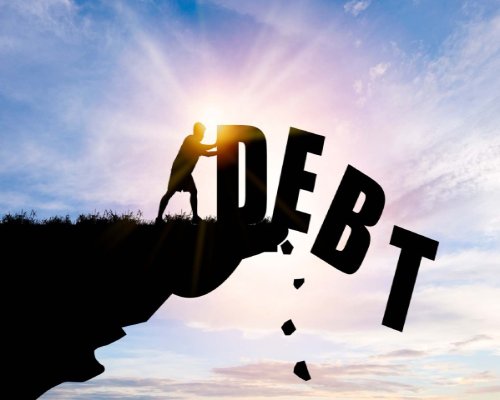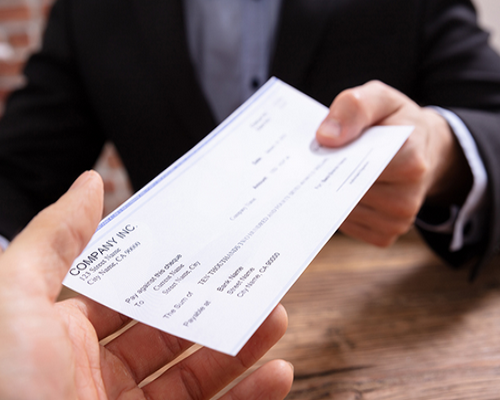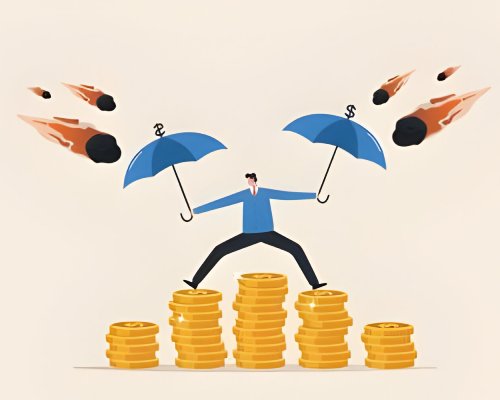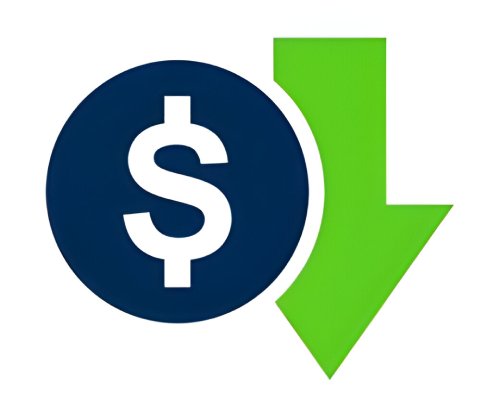Our Professional Debt Relief Advisors Can Help:

Achieve substantial debt reduction

Consolidate into a single affordable payment

Safeguard your income from wage garnishment

Escape constant debt collection contact

Prevent bankruptcy

Lower down your interest rate
DebtEase Solutions does not provide services under the Bankruptcy and Insolvency Act.
You will be referred to a Licensed Insolvency Trustee if your situation warrants such services.